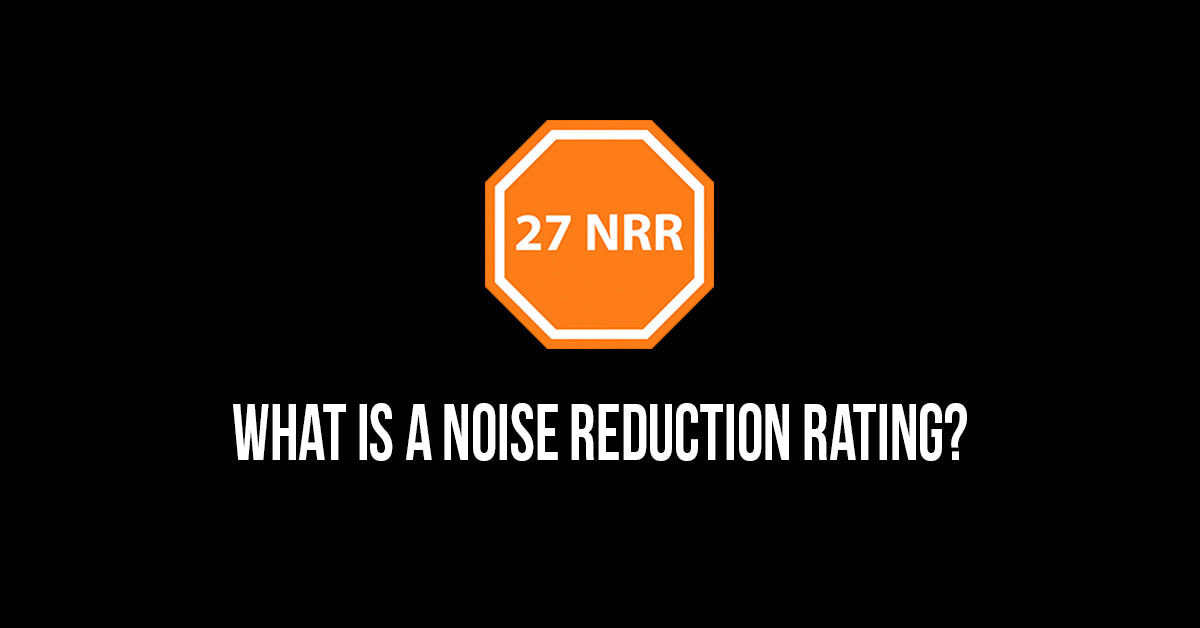Technological advancements have made workshops and job sites safer than ever before. However, in an attempt to make them more enjoyable and productive, technology has crept into job and project spaces. Now, TVs, radios, headphones, and cellphones with streaming capabilities are in close proximity to potentially dangerous equipment. This begs the question, are we compromising safety for entertainment?
Your Duty
Operating equipment is inherently risky due to its power. To handle this risk, an operator has a duty to take responsible care for his/her own health and safety. When used responsibly, music and technology can be integrated in the workplace while fulfilling that duty.
Music as a Distraction
The first thing to ask is, does entertainment take priority over your attention? Answering this personally will cue you in on this decision for yourself. Speaking broadly, entertainment in the form of background music does not inherently distract. In fact, background entertainment can assist with focus as it does not take first priority in the brain’s function. For example; you have likely experienced tuning out a song or a chapter in an audio book because something else was drawing your focus. This proves that your brains prioritization can cut out entertainment when focus is needed elsewhere.
How Does the Brain Handle Music?
When an environment is noisy, your brain is working to process all the individual noises. This, as a result, uses up energy that could otherwise be spent focusing on a task. Music or background entertainment can help with this though, by providing the brain with a constant. Best practice is to listen to familiar music or sounds to direct all focus on the task at hand, especially if potential danger persists.[1]
The Operating Room
An interesting case of music in the workplace is a fairly serious one; surgeons in the operating room. Music first entered the operating room in 1914 through use of a gramophone. A recent study found music is played 62-72% of the time in today’s operating rooms.[2] Surgeons’ reported that music helps them relax, improves thought process, and elevates their mood.[3] Similar feedback has also been expressed to us by our experience talking to woodworkers, landscapers, and mechanical professionals.
Although, despite how relaxed a surgeon may be, you’d sure hope surgeons are focusing on you or your loved one’s procedure! In fact, a study in 2015 testing performance for wound closure concluded ‘listening to the surgeon’s preferred music improves efficiency and quality of wound closure’.[4] Not only do most surgeons not find music distracting, but it’s also been proven to improve results!
Although most surgeons listen to music, some find it unhelpful in the operating room. Similarly, user discretion is necessary to determine if its right for you to use with your occupation or hobbies. If my surgeon couldn’t stop tapping his foot to Play That Funky Music during my operation, then I’d want him to press pause!
Myth or Fact?
Our conclusion: The statement “Entertainment is Dangerous in the Shop” is a MYTH. While entertainment should not be used if it inhibits responsible use of a tool or safe completion of a task, it has been proven that music and other background entertainment do not inherently distract, but rather, help promote focus. In fact, our experience with users of ISOtunes noise-isolating headphones supports that music can be integrated in your shop without additional risk. The ISOtunes' team suggests listening to familiar music that does not direct focus away or surprise you.
Integrate music safely into your workshop or jobsite. Shop ISOtunes today!
--------------------------------------------------------------------------------------------
Sources and Resources:
1 https://www.inc.com/tom-popomaronis/do-you-listen-to-music-while-working-heres-what-it-does-to-your-brain-and-its-pr.html
2 https://www.medscape.com/viewarticle/875326
3 https://www.medscape.com/medline/abstract/21897507
4 https://www.sciencedaily.com/releases/2015/07/150730162840.htm



